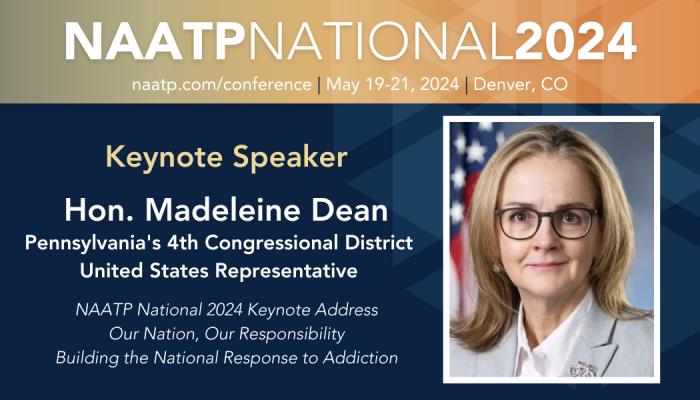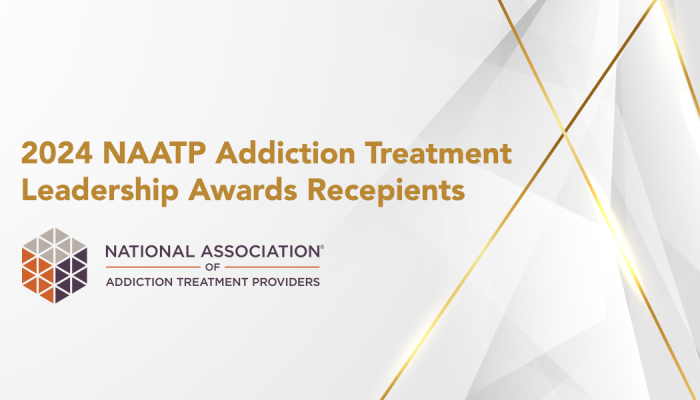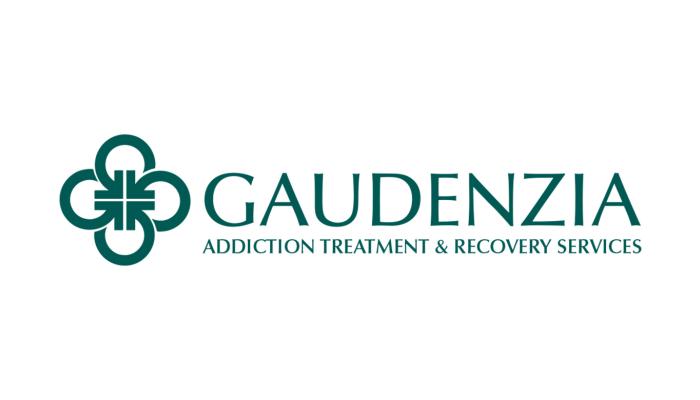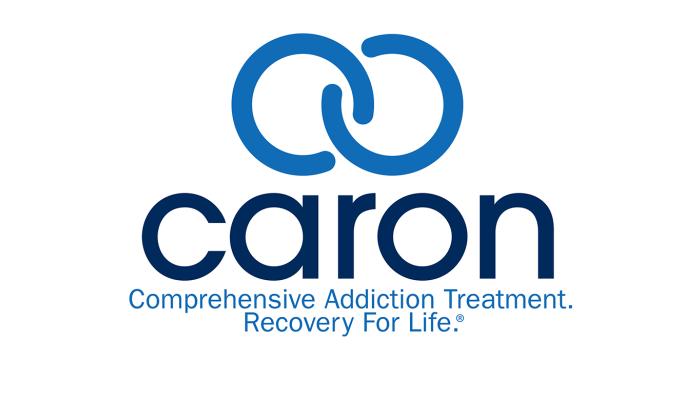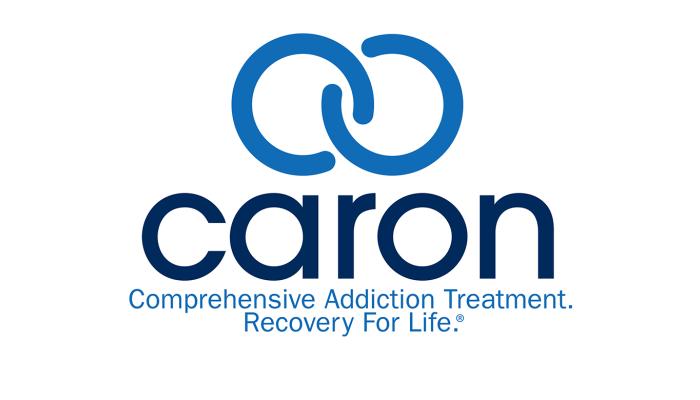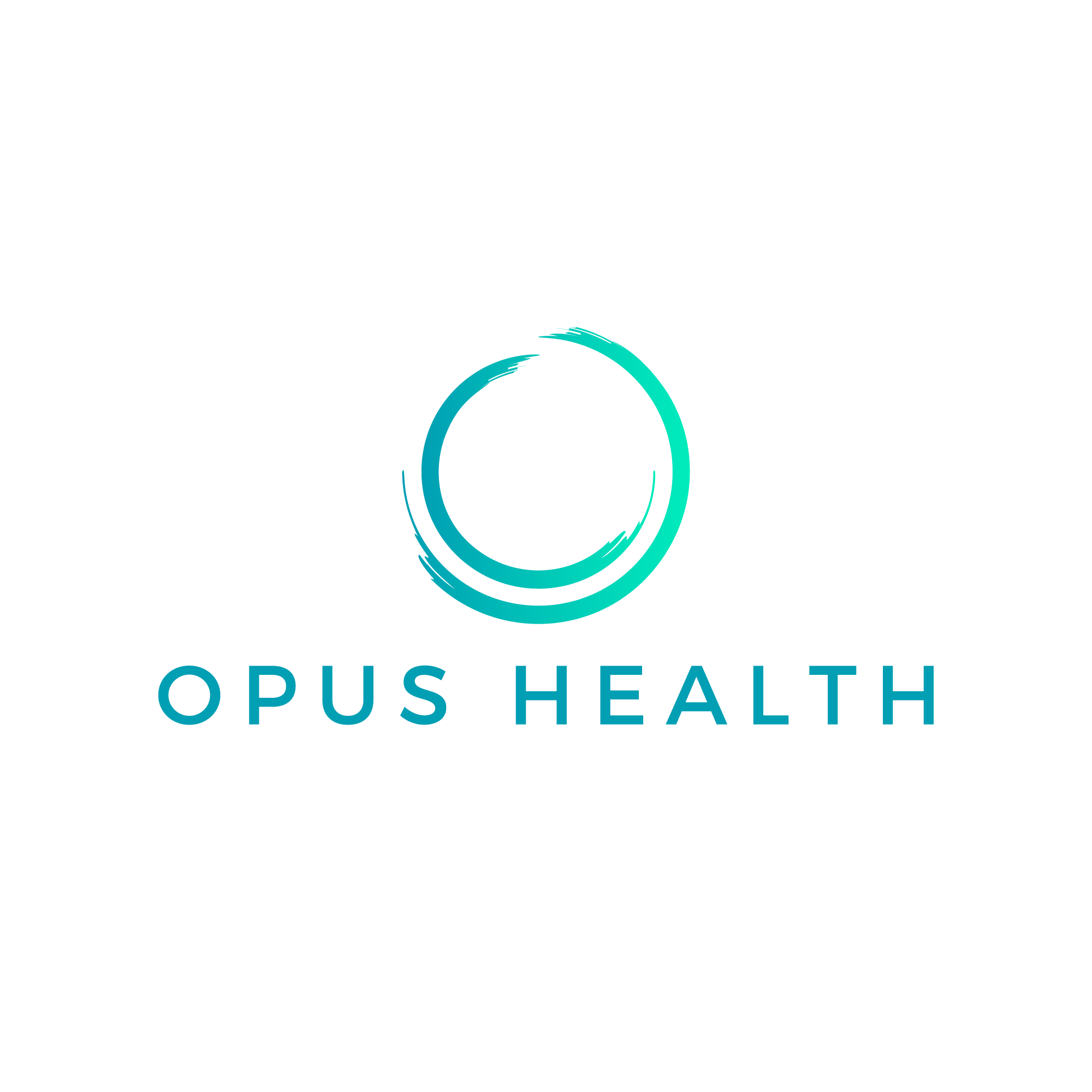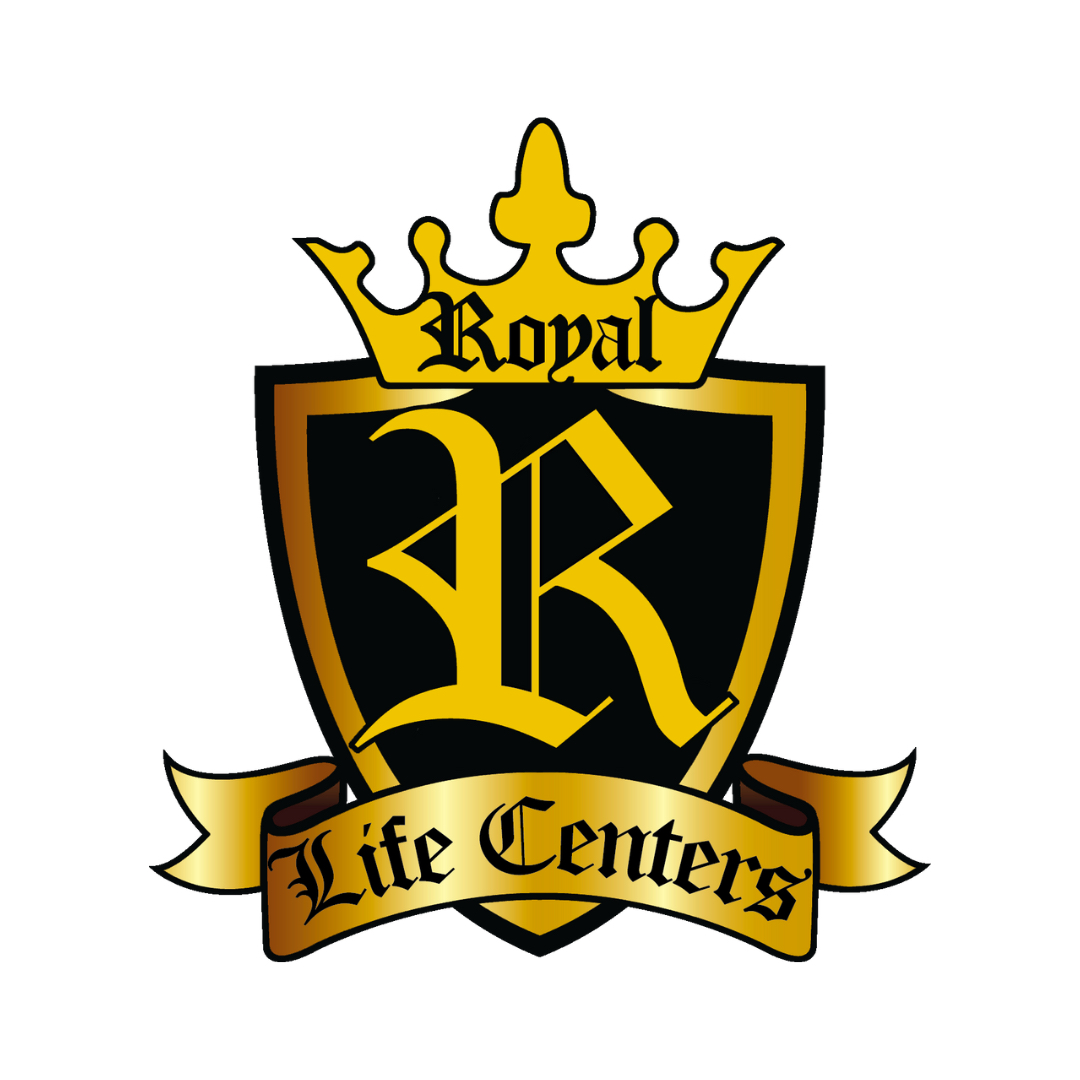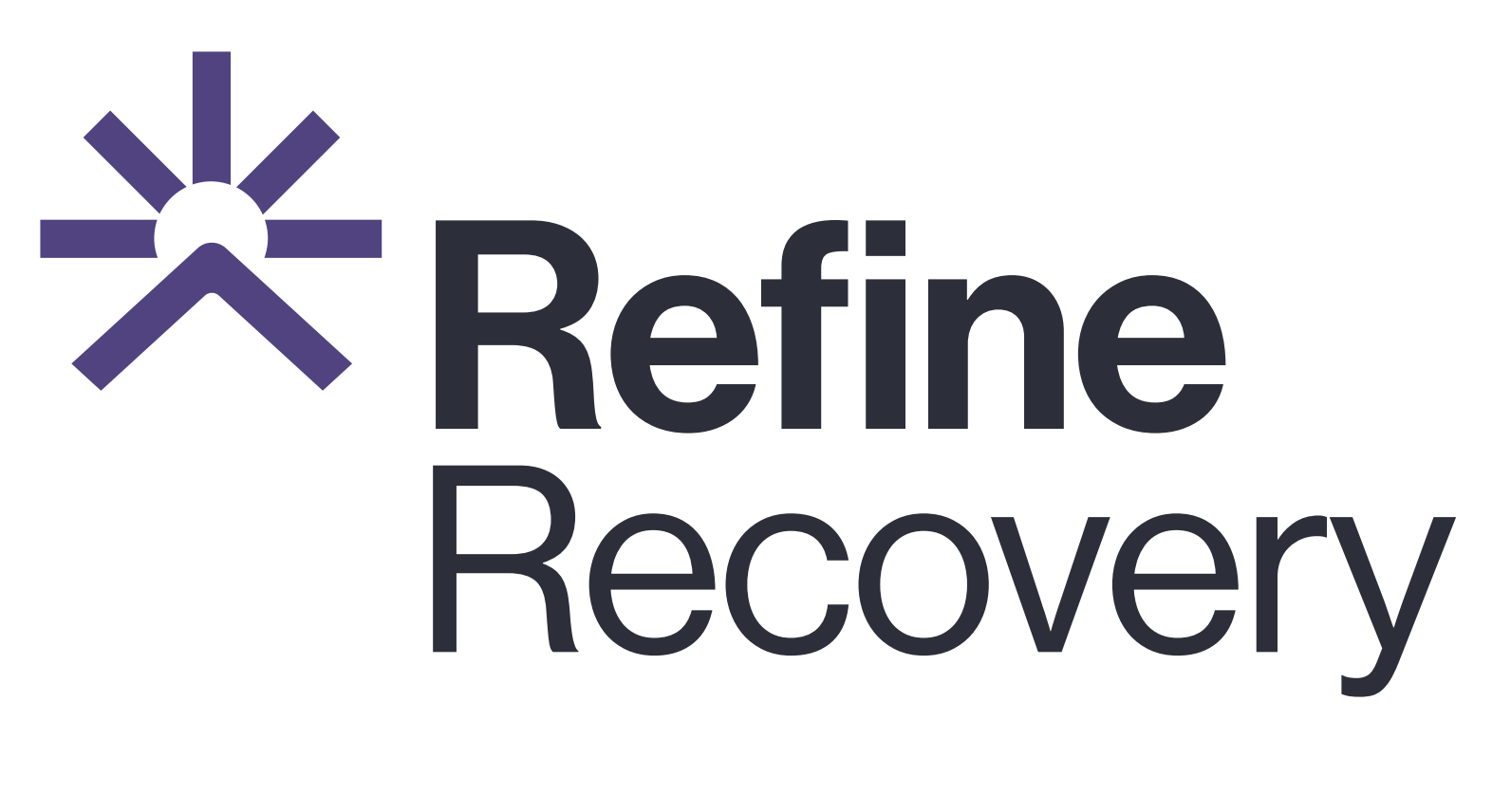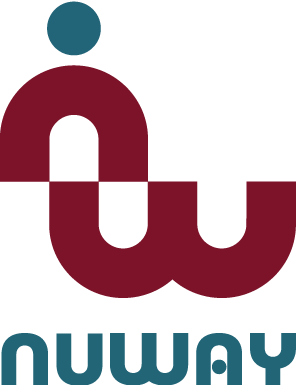Sep 9, 2022
In 2020, NAATP announced its Diversity, Equity, and Inclusivity (DEI) Action Plan, which stated, “In response to the historic and current systemic racism and discrimination that profoundly impact the addiction treatment field, NAATP staff and Board members make the following commitments to action.” These commitments included Self-Examination, Elevating Voices of People of Color, Raising Awareness and Transforming the Field. With the support and guidance of the DEI Advisory Committee, which was formed the same year, NAATP has:
- Diversified its Board of Directors
- Completed trainings for the Board and Staff on racial bias, anti-racism, and organizational DEI transformation
- Launched the Colors of Recovery podcast series, highlighting the experience and impact of People of Color working in the addictions field
- Created a DEI Resource webpage
- Held DEI-focused webinars
- Developed a new Racial Equity Award
- Transformed the content of the NAATP National Addiction Leadership Conference to include a DEI focus
- Published a DEI organizational assessment tool for treatment providers
Throughout this process of internal exploration, education, and outreach, NAATP has recognized the need for training and consultation among its members on DEI. Bringing the work of DEI consultants to the attention of our membership is a priority for NAATP because of our commitment to elevating diverse voices, raising awareness about DEI, and transforming the field to support equity, inclusion, and belonging.
What is DEI consulting?
DEI consulting for healthcare providers involves the provision of expert guidance and training to develop and maintain a diverse, inclusive workplace and service environment. The goals of consultation include:
- Conducting an analysis of leadership, staff, services, policies, marketing, facilities, and community presence to identify action steps that promote inclusivity and equity
- Providing leadership, clinical, and all-staff trainings on best practices in inclusivity and equity
- Enhancing employee and client engagement and sense of belonging
- Growing organizational capacity to provide culturally-responsive healthcare
- Improving equity in access to employment and healthcare services
- Building awareness of, reducing, and ultimately repairing harm and inequity that have been historically present in addiction healthcare
Why do we need it?
The United States continues to diversify and become more aware of a need for inclusion and a sense of belonging in all areas of life. New generations are increasingly aware of and embracing racial, ethnic, gender, sexual, and other forms of diversity. Our communities, families, and workplaces are multicultural and growing in LGBTQ+ diversity and inclusion as well. Global connectivity provided by the internet and social media has increased our exposure to different cultures, life experiences, and perspectives. These developments, as well as advancements in inclusive social science research, have made us all more aware of how power, privilege, and negativizing otherness have impacted our culture and systems for millennia.
Sociopolitical tension is impacting all of us and can be traumatizing in many ways. Recognition of historical trauma and the ongoing trauma created by social context raises stress; stress impacts health directly, and coping behaviors often include alcohol and drugs. We are seeing, and will continue to see, this trauma manifest in treatment and recovery settings, and we need to know how to effectively address it.
A huge gap exists between the need for and receipt of treatment, which is disproportionately wide in historically marginalized communities. This gap, along with the increasing frequency of “deaths of despair,” has made the addiction crisis a national emergency. This level of focus will hopefully provide access to care for more people, including a much more racially and culturally diverse patient population than many addiction treatment centers have seen previously. In addition, as the need for services continues to grow, the workforce continues to shrink. Providers must respond by changing how they recruit and retain staff. Professional development, mentorship, and sponsorship will be essential to maintain inclusive workplaces and engaged staff. In both brick-and-mortar and virtual settings, all clinical and operational staff must feel welcome, supported, and empowered.
To adapt to the changing work environment and the expanding and diversifying client base, providers must often engage with experts who can assess their strengths and areas for growth, recommend strategies, and support the implementation of changes in policy, training, atmosphere, and practice. Partnerships with DEI consultants can effectively meet these needs.
How can providers find the right consultant?
NAATP Affiliate Members are entities or individuals that/who provide a service, software or goods that supports or contributes to the work of NAATP and its members. As with all NAATP members, Affiliate Members must adhere to NAATP Membership Terms & Conditions, which include the NAATP Values and the NAATP Code of Ethics.
NAATP has recently added “Diversity, Equity, and Inclusion Consulting” to the list of Vendor Services provided by Affiliate Members, so DEI consultants and trainers can be easily found in the Affiliate Directory.
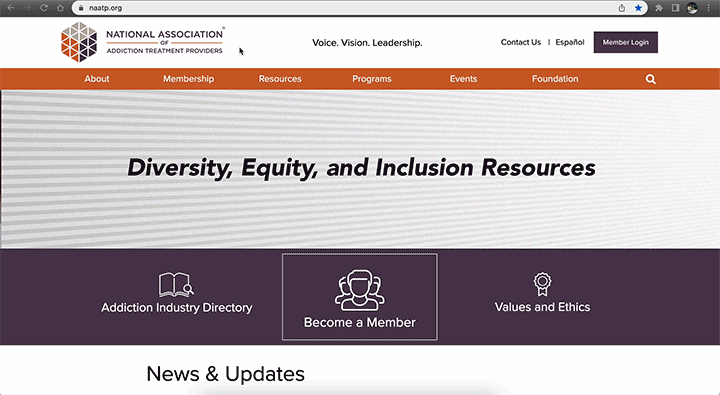
A call to action
While NAATP supports and promotes all of our members equally, this new category of Vendor Services in our membership merits a special introduction. A number of the DEI Consultants now listed in the NAATP Affiliate Directory are also active members of the NAATP DEI Advisory Committee, and NAATP staff has conducted brief interviews with them to explore their perspectives on this important work. These interviews reflect a diversity of voices, perspectives, and services available for providers to raise awareness about DEI and transform the field in support of equity and belonging.
BGC Bridge Consulting
The Institute for Antiracism and Equity in Mental Health
Lotus DEI Consulting
Lumos Marketing
Shari Hampton Consulting
Soul Recovery - Compassionate Accountability
Z&D Consulting





